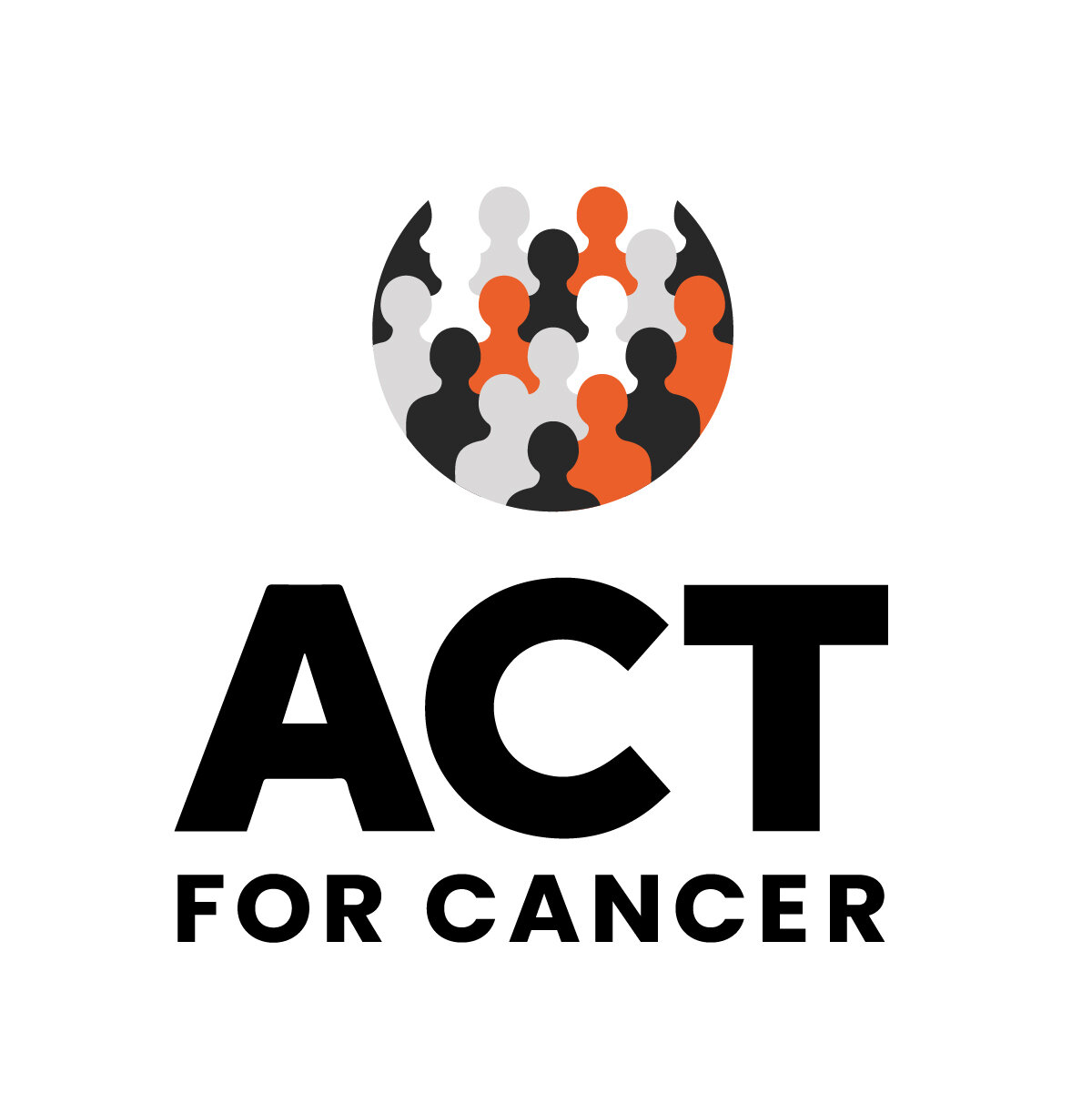Our Research and Actions
At ACT for Cancer, we’re committed to producing ground-up, qualitative research into how patients and clinicians currently access non‑standard cancer care — and, crucially, how we can do better.
-

ACT White Paper: Women accessing Cancer Treatment
Cancer affects people across ages, ethnicities and socioeconomic groups, but access to timely, appropriate and innovative cancer care is not experienced equally. This white paper focuses on how women are affected by inequities across the cancer pathway. The discussion spans from initial suspicion of cancer and referral through to treatment and clinical research participation, with an emphasis on how advocacy dynamics inside families shape navigation beyond standard NHS care.
Drawing on ACT for Cancer’s observations and a pilot survey (n=100) of patients and patient advocates, our medical content editor Sharmin Begum discusses:- gendered patterns in navigation (with advocates, mostly women, often driving the search for options);
- disparities in clinical trial awareness and trust (with Black/African/Caribbean women reporting the lowest awareness;
- persistent delays across NHS cancer targets;
- outline pragmatic steps for charities, researchers and system leaders to make access more equitable.
-

ACT Poster: Navigating treatment options
Standard of care (SOC) cancer treatment typically includes chemotherapy, radiotherapy and surgery. Since the rise of personalised cancer medicine, there has been an increasing interest from cancer patients to pursue alternative treatment options beyond SOC. This often includes various types of immunotherapy, repurposed drugs or complementary medicine.
Current literature and research is relatively limited in identifying and understanding how accessible alternative treatments are. There is limited insight into the obstacles and barriers faced by patients when navigating access and what factors influence their decisions and perceptions about pursuing cancer treatment beyond the scope of the NHS.
We conducted a pilot qualitative research study to investigate the potential interest in accessing treatment beyond SOC and identify the accessibility and obstacles faced when navigating alternative treatments and what factors may influence them.
This poster was presented at the The Festival of Genomics and Biodata 2024

